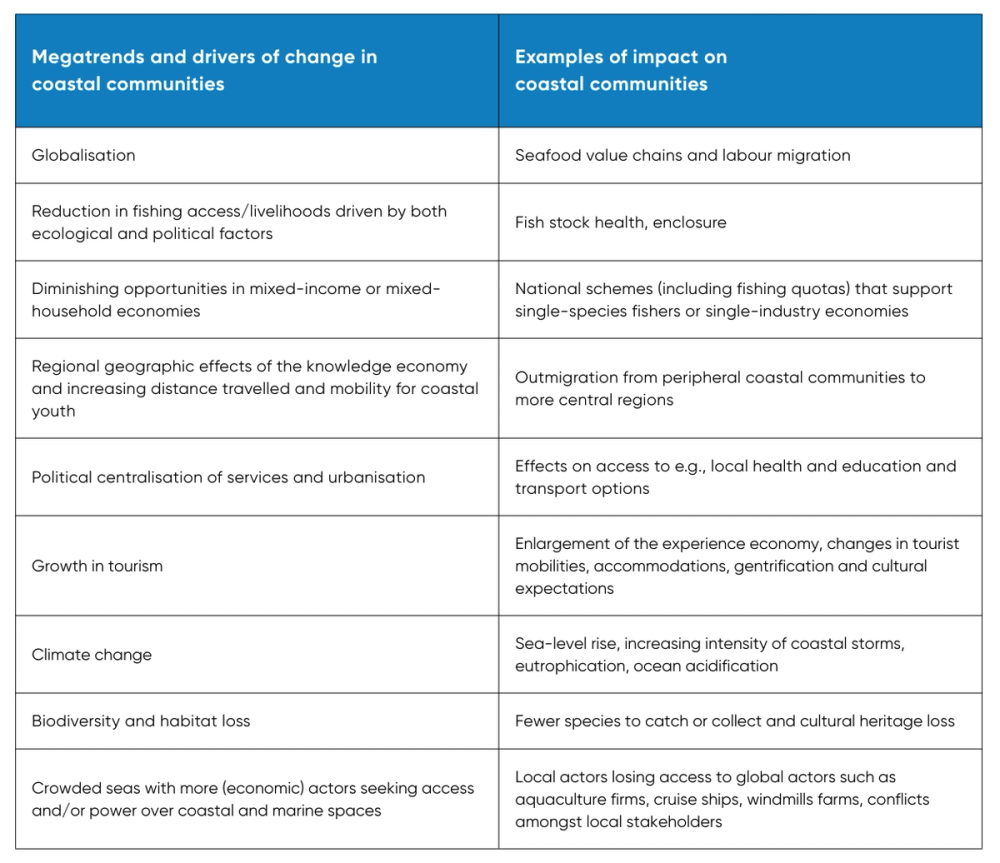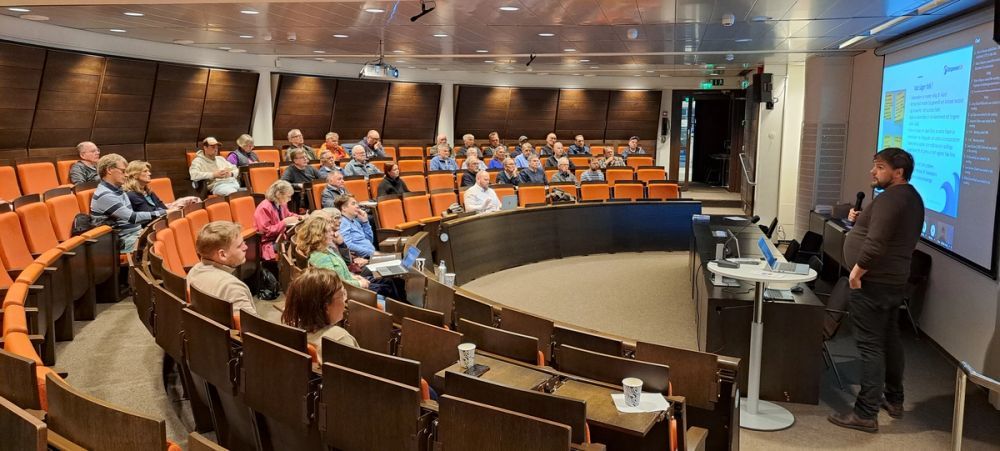Developing a shared purpose is critical when working towards community transitions. It can be a key strategy for researchers to work closely with established local organisations with paid staff, and when funding is available for research, ensure that the budget builds in support for paid staff time at local organisations. When projects seek to expand the voices that are heard and seek broader local participation, additional reflection is required. In most communities and in many people's lives, prioritising participation in local research or planning processes requires a clear purpose. Often communities have experienced researchers interested in problems or opportunities in a given context, and have asked local stakeholders to participate in meetings, interviews, surveys, and other time- and resource-intensive activities. Oftentimes such initiatives result in people spending valuable time on projects where they may never see any applicable results to benefit their community. Therefore, the first step in forming a partnership involves developing knowledge about local priorities, to see how local needs intersect with and could benefit from the academic knowledge a research team can bring. Establishing a partnership should aim at maximising local interests while remaining true to the skills and interests of the researchers.
Identifying pressing issues in a local community that justify convening with the intention to address problems collectively is critical. Defining and initiating such work depends on pre-existing local capacity. When such capacity is low, outside researchers become critical partners for uncovering reasons to convene. To stay true to intentions, the process of 'uncovering' must build on the broadest possible spectrum of local voices, and 'outsiders' must be conscious and transparent of their own position of power and positionality. Partnership with local communities is often the approach sought by researchers interested in understanding local impact of policies, environmental changes, economic shifts, etc. By working closely together from the outset on defining the scope of what knowledge we need to generate the results will be relevant and impactful.


